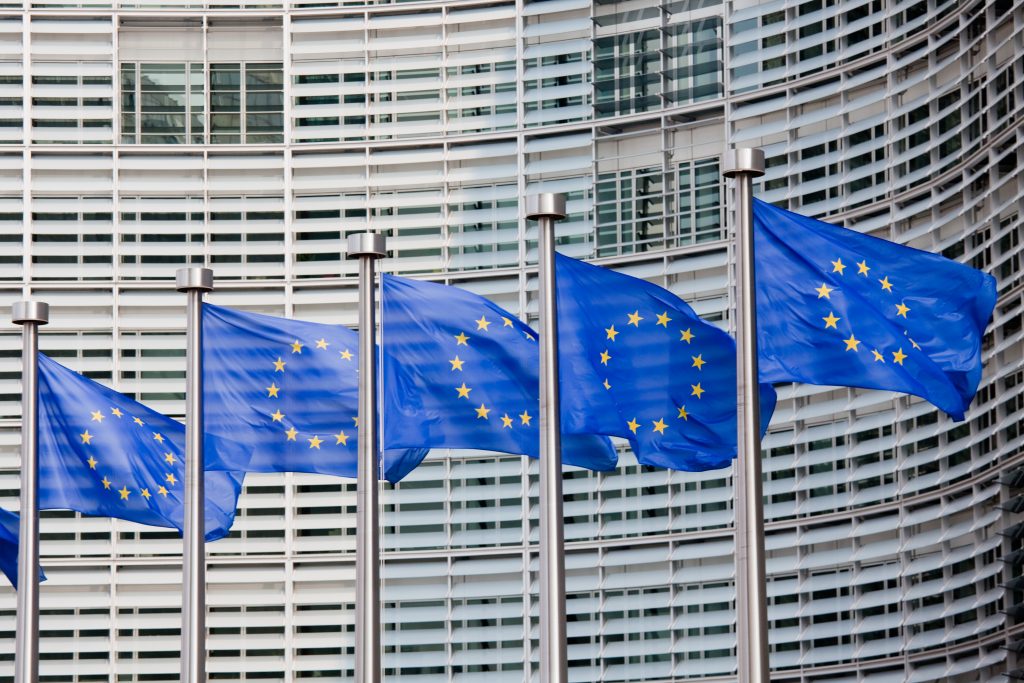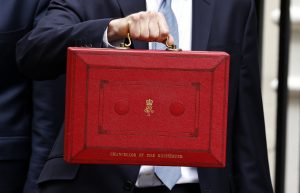7th September 2021
August Market Overview
UK
Here in the UK the last of the coronavirus restrictions were lifted on July 19 as planned, with the government now encouraging citizens to look after themselves but without explicit instruction. Surprisingly perhaps, Covid case numbers and hospitalisations have been falling ever since, potentially signalling the end of the pandemic is in sight. The delta variant remains a concern as scientists warn it could lead to more cases of “long-covid” and further variants which may be more vaccine resistant.
The number of workers on furlough reaches a new low as 600,000 exit the scheme. 1.9 million were on furlough at the end of June, down from 2.4 millionin May and at its peak, 9 million people were on furlough in May last year. This is clearly very positive to see the recovery in the jobs market. A large number of people still remain in the furlough scheme as it begins to wind down and employers have to start covering most of the costs, so it remains to be seen if companies will hire back or if we will see a sudden and sharp rise in unemployment.
The UK housing market continues its boom as buyers drove prices up 7.3% in the year through June. Broker Savills has revised its 2021 forecast to 9% growth from previous 4% and the average UK house price is 30% up on the August 2007 peak. The housing market is a vital part of the UK economy – hence the huge government support given during the pandemic – and so rising prices is good news for many, but with housing becoming almost unaffordable to most new buyers.
Payroll data has also been encouraging. UK companies added payrolls at a record pace in June as the reopening of the economy triggered an unprecedented raise in demand for staff. Data from the ONS showed almost 1 million jobs opened in June, the most ever, with the number of employees on company books climbed by 356,000 and wages, including bonuses, rising at anannual 7.3% in the three months to May, the fastest on record.
Eurozone/EU
The EU has backed off its threat of imminent legal action against the UK over breaches of the Northern Ireland protocol. The EU aims to provide room for negotiation to resolve issues with the protocol but has clarified they will not renegotiate the protocol itself although will continue to discuss its implementation. Brexit remains a significant risk to the UK and EU, with both sides unresolved on a number of matters including NI. We still cannot rule out an escalation and eventual trade war, and any further uncertainty will not help the case for UK risk assets that have suffered in the past from Brexit risks.
ECB officials have met in the last month to decide whether to move ahead with the creation of a digital Euro. If approved, the next step would be an exploratory phase that President Lagarde says could take about two years. A digital Euro would be fast, secure, and safe, however Lagarde has warned that the Bank must be careful to ensure this wouldn’t accelerate money laundering or the financing of terrorism Innovations such as a digital central bank currency would totally upend the traditional banking system. Customers couldeasily move their money out of banks and to the ECB in a crisis, effectively causing a digital bank run, and banks would no longer be responsible for ledgering transactions as this would take place on the blockchain (or somethingsimilar). It is vitally important that extensive research is conducted in this area to ensure a seamless transition for both customers and the financial services industry. The role of digital assets in monetary policy will also need to be ironed out.

US
The US economy advanced an annualized 6.5% on quarter in Q2 2021, well below market forecasts of 8.5%, the advance estimate showed. Personal consumption expenditures grew 11.8% namely services (12%) and nondurable goods (12.6%) as vaccinated Americans travel and engage in activities that were restricted before.
The number of Americans filing new claims for unemployment benefits dropped to 400 thousand in the week ending July 24th, not far from a 16-month low of 368 thousand reached at the end of June but above market expectations of 380 thousand. Claims remained more than double the pre-pandemic average, despite record job openings and stepped-up attempts by many businesses to add staff. Still, the total number of claimants is likely to decline further in the coming weeks, due to the early phase-out of federal enhanced unemployment benefits across many states ahead of the official September expiration date, and as school reopen and demand over the summer picks up.
It may appear that the US has moved on from the pandemic but that is far from the case. The top U.S. infectious disease expert, Anthony Fauci, warned that the nation is moving in the “wrong direction” in combating a new wave of the pandemic as vaccinations slow, and said a booster shot may be needed especially for the most vulnerable. The number of cases in America surged by 62% over the previous couple of weeks and Covid infections globally increased the most in two months as the spread of the delta variant and low levels of vaccination in most Southeast Asian nations lead to higher numbers.
Asia
Beijing’s intensifying crackdown on its own technology sector is being felt across global markets, erasing $769 billion in value from U.S.-listed Chinese stocks in just five months. On Monday, the massacre accelerated, with the Nasdaq Golden Dragon China Index—which follows 98 of China’s biggest U.S.-listed firms—plunged 7% after Beijing regulators unveiled an overhaul of China’s education sector. The revamp seeks to ban firms in that patch from making profits, raising capital, or going public.
The Chinese government also announced a broad set of reforms for private education companies, seeking to decrease workloads for students and overhaula sector it says has been “hijacked by capital.” The overhaul of the $100 billion sector bans companies that teach school curriculums from making profits, raising capital or going public. M&A is forbidden, as are foreign curricula and hiring abroad, and TAL Education, New Oriental Education & Technology and Gaotu Techedu all plummeted more than 50%.
China said its ties with the U.S. are in a “stalemate,” in a tense start to high-level talks in Tianjin. Vice Foreign Minister Xie Feng told visiting Deputy Secretary of State Wendy Sherman that some Americans try to portray China as an “imagined enemy.” Still, Xie said Beijing was willing to explore common ground and deal with the U.S. on an equal footing. Foreign Minister Wang Yi presented demands that included ending all sanctions and “high” tariffs, and for Washington to stop treating crackdowns in Xinjiang and Hong Kong as human rights issues. Deputy Secretary of State Wendy Sherman focused on setting guardrails for the relationship, not on negotiating specific issues, U.S. officials said. The talks in Tianjin, about 60 miles east of the capital Beijing, represent the highest-level face-to-face meeting between the two sides since anacrimonious exchange in Alaska in March. If they are fruitful, they could set upa meeting between Presidents Joe Biden and Xi Jinping, possibly at a Group of 20 summit in October.
China has also been at the centre of recent Emerging Markets underperformance. The economy advanced 7.9 percent year-on-year in Q2 of 2021, slowing sharply from a record 18.3 percent growth in Q1 and importantly, missing market consensus of 8.1 percent. A slowdown in factory activity, higher raw material costs, and new COVID-19 outbreaks in some regions all weighed on the recovery momentum. During the first half of the year, the economy grew by 12.7 percent, amid a low base effect from last year’s coronavirus-triggered slump.
Disclaimer:
The opinions expressed in this update are those of A&J Wealth ManagementLimited only, as at 6th August 2021, and are subject to change.
The content of this publication is for information purposes and should not be treated as a forecast, research or advice to buy or sell any particular investmentor to adopt any investment strategy. It does not provide personal advice based on an assessment of your own circumstances. Any views expressed are based on information received from a variety of sources which we believe to be reliable but are not guaranteed as to accuracy or completeness. Any expressions of opinion are subject to change without notice.
Past performance is not a reliable indicator of future results. Investing involvesrisk and the value of investments, and the income from them, may fall as wellas rise and are not guaranteed. Investors may not get back the original amountinvested.












